
A disabled mother who creates mobility aids for dolls has said she hopes her international business will ease the “shame” felt by people who use a walking stick or frame.
Grace True, 28, a stay-at-home mother and part-time model, who lives in Sheffield with her partner, Tom, 28, and their daughter, Margaux, three months, had severe joint pain from age 18, and over the years, felt as if medical professionals did not take her concerns seriously.
At age 25, she was finally diagnosed with fibromyalgia – a chronic condition causing widespread muscle and soft tissue pain – and functional neurological disorder, which disrupts the brain’s ability to send and receive signals to the body.
After receiving her diagnosis, she finally allowed herself to use mobility aids and realised that if she had been exposed to more inclusive dolls growing up, she might not have felt “so ashamed”.

In 2023, she launched her business, Disabled Dolly, selling 3D-printed and moulded acrylic mobility aids for people to add to their dolls, and has since sold to people of all ages throughout Europe and as far away as Australia.
She believes her products can make disabled people feel noticed and offer non-disabled people a chance to learn about the world around them.
Grace told PA Real Life: “I became disabled as an adult, and didn’t have any disability representation in childhood.
“I think if I had disabled dolls or accessories for the dolls it could have helped me feel not so ashamed of using mobility aids.
“I should have used them years ago.”
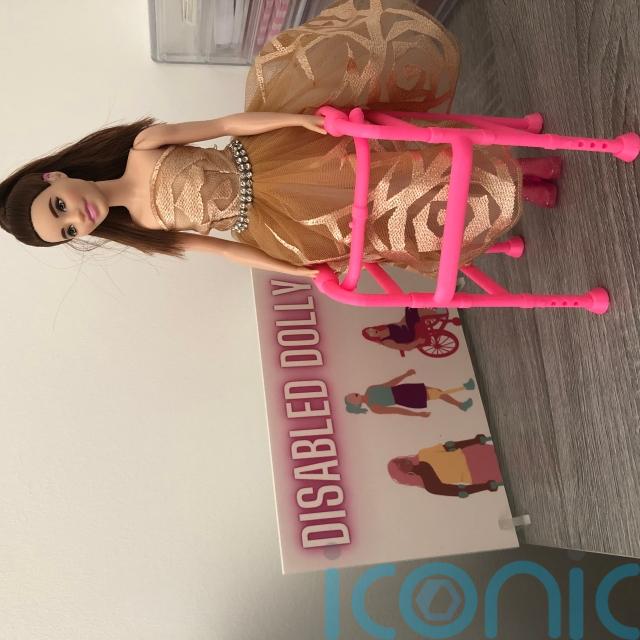
From age 18, Grace struggled with extreme joint pain and, over the years, felt doctors did not take her seriously.
When her symptoms first became noticeable, she bought a fold-up walking stick but felt, without a formal diagnosis, she was “not disabled enough” to use it so it remained in the back of her cupboard for several years.
But she found that, because she did not use a mobility aid, people did not believe she was in pain or understand her needs.
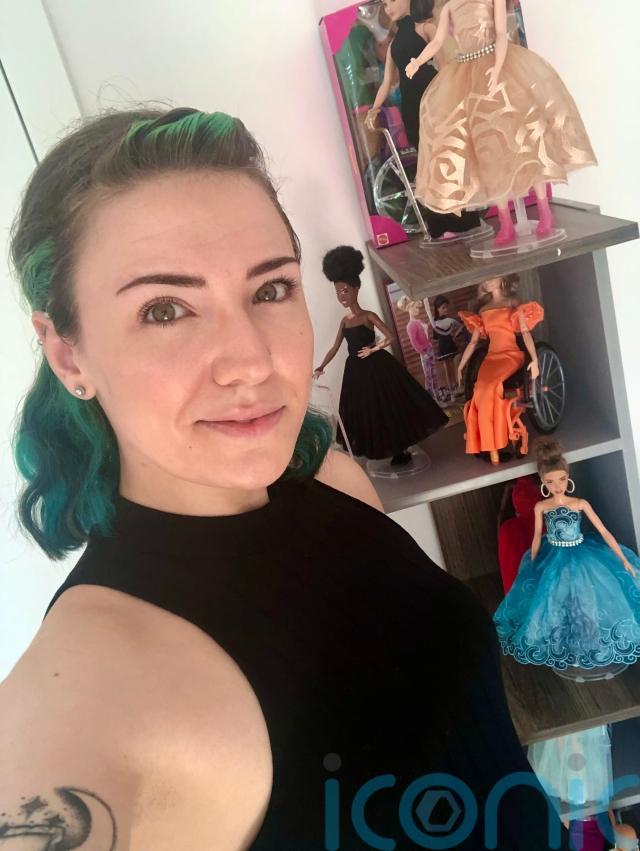
“I remember when I had a job while at university, they wouldn’t let me sit down, they didn’t understand,” she said.
“It was very detrimental, and I convinced myself that eventually, the pain would get better, but it didn’t.”
At age 25, she was finally diagnosed with fibromyalgia and functional neurological disorder and felt “validated” – so, she began using mobility aids, including a walking stick and a wheelchair.
She ensured her aids were vibrant, buying from brands such as Cool Crutches, and has a stick to go with almost every outfit.
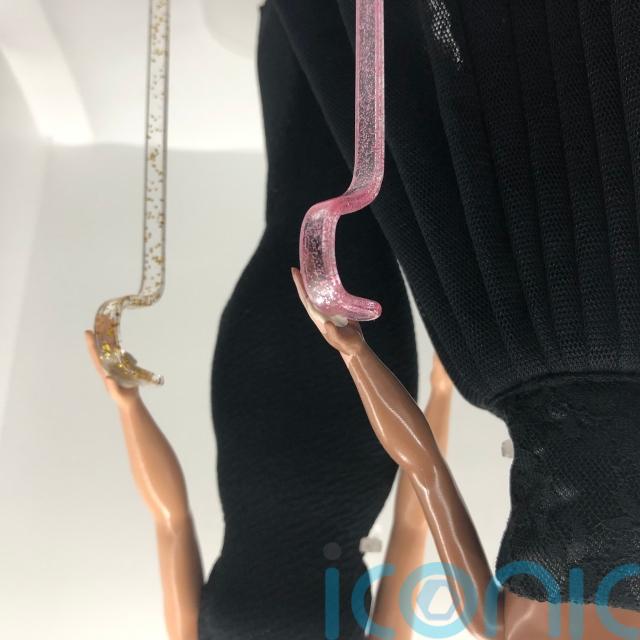
Looking back, Grace feels that if there had been more representation of people using mobility aids when she was growing up, she would not have felt “ashamed”.
She explained: “If you grow up not seeing wheelchair users on television or in toys and every time you see a wheelchair user, instead of parents educating their children on it, they say ‘oh, don’t ask that question, don’t look at that person’ you then grow up being conditioned into that stigma.
“I only saw dolls using mobility aids like crutches in hospital settings, with this preconceived notion that they would one day get better and no longer need them.
“I only saw one idea of being perfect with dolls when I was growing up, I didn’t see a range of skin colours and body shapes and mobility types.
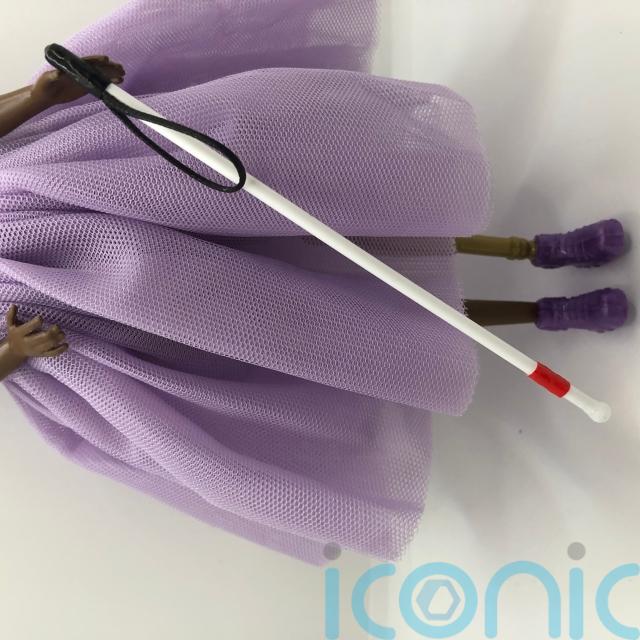
“I want my child from a very young age to be able to experience all of those things, so that everything is just seen as human and there’s no such thing as normal or abnormal, or perfect and imperfect.
“There’s no opportunity to create those stigmas and biases that I was brought up with.”
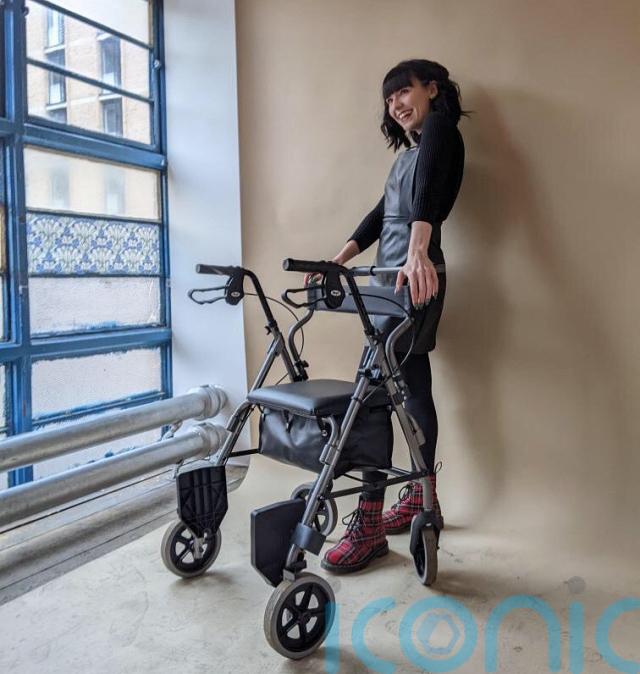
This, as well as being inspired by Barbie’s release of dolls in wheelchairs in 2019, encouraged Grace to launch her own business, Disabled Dolly, in 2023.
Her business sells 3D-printed and acrylic moulded mobility aids that can be used with dolls, aiming to be accessible and affordable, with all products retailing at under £17.
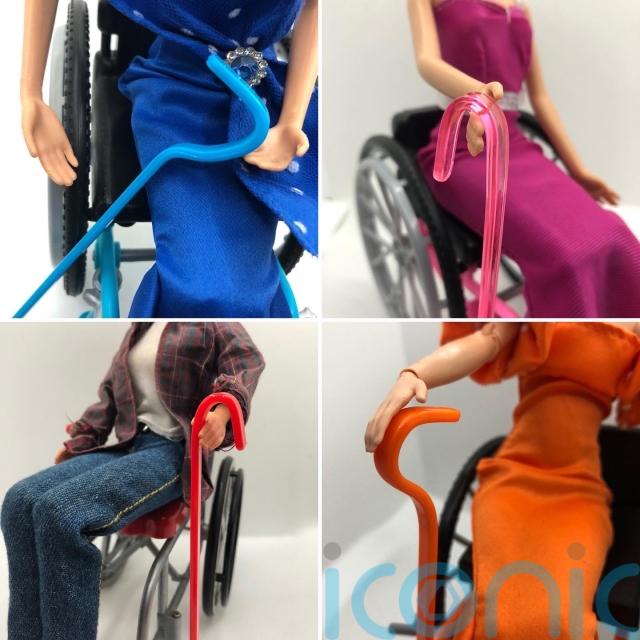
She sells three types of mobility aids – walking frames, walking sticks and mobility canes in a range of colours and finishes, with her most popular item being a sparkly pink walking stick.
So far, she has sold items to people of all ages throughout Europe and Australia.
“It shows there is a need for it and people want their dolls to be inclusive, so it’s frustrating that big companies are taking so long to catch up,” Grace said.
“There are adults who never had that representation in childhood, and they’re now seeing it, and are almost now able to relive that excitement and see a representation of themselves.
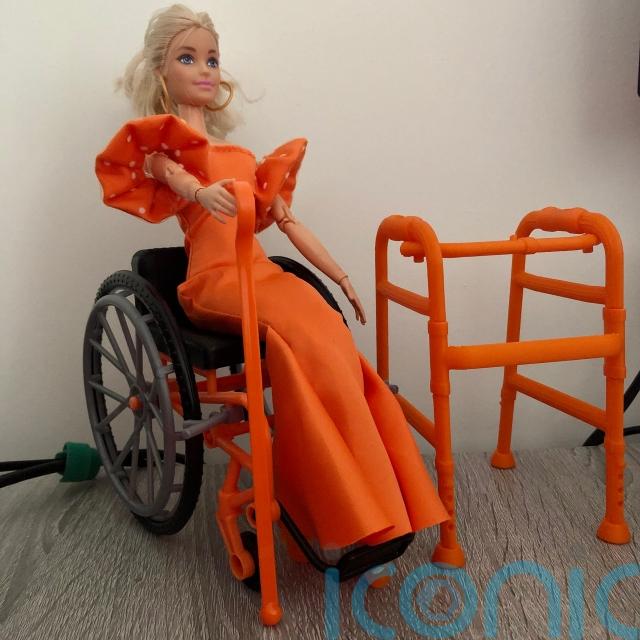
“There are not only disabled adults who’re now excited about representation, but they’re now introducing their children to it.”
She currently makes sales “sporadically” for ” a bit of extra money” but would love to one day make it her full-time job once her sales become more consistent.
Like her own aids, she makes them bright and appealing, “challenging the perception that mobility aids are only for older people”.
She hopes her products help disabled people feel represented and provide a learning opportunity for non-disabled people.
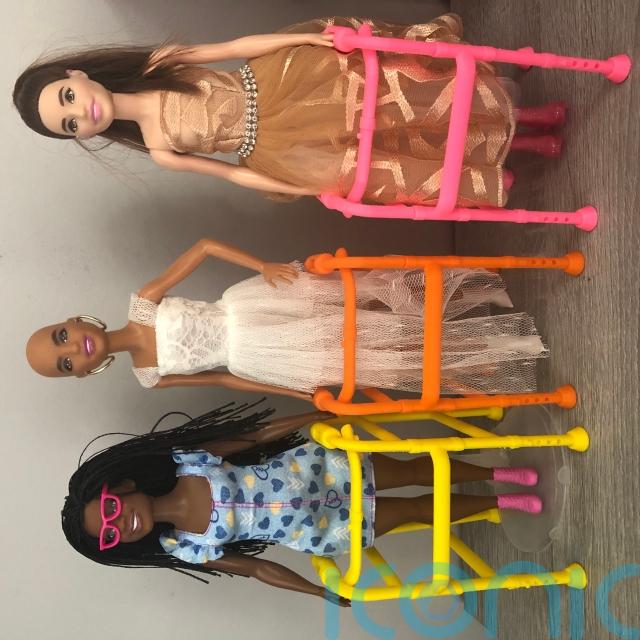
Looking to the future, Grace hopes that because her daughter will grow up with inclusive toys, she will be more understanding of the world around her.
“Her generation will hopefully see an array of people in their toys and it’s so much healthier than what I was exposed to,” Grace added.
She also dreams of expanding her range to create the first-ever doll-sized mobility scooter.
While she sometimes worries that a large company like Mattel might introduce it first, her main goal is to increase representation.
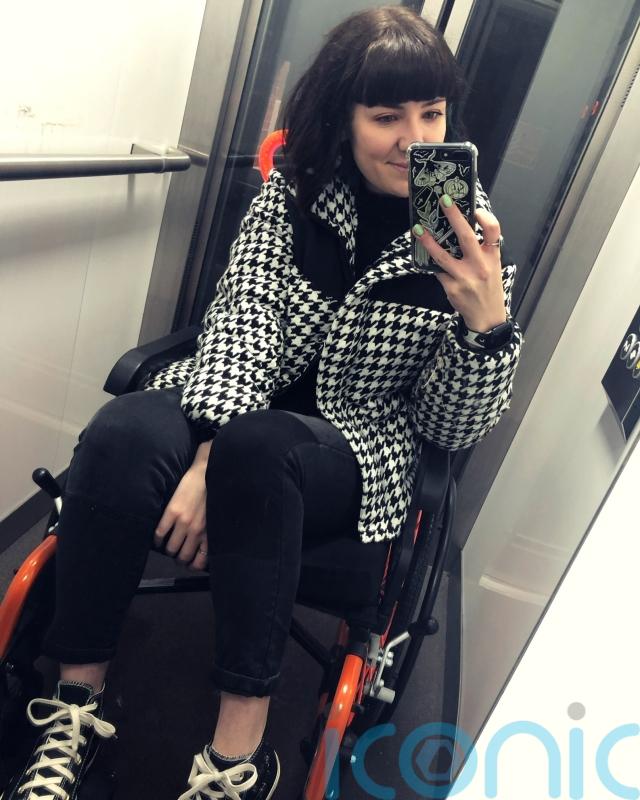
“I have the design ready to go but it’s too expensive to make at the moment, but I don’t want to be the only one making inclusive dolls,” she explained.
“I want everyone to get on the train, and all the big companies to do it, so everyone can access it and there’s no limit on representation.”
To find out more about Disabled Dolly visit: www.disabled-dolly.co.uk and www.instagram.com/disabled_dolly.
Subscribe or register today to discover more from DonegalLive.ie
Buy the e-paper of the Donegal Democrat, Donegal People's Press, Donegal Post and Inish Times here for instant access to Donegal's premier news titles.
Keep up with the latest news from Donegal with our daily newsletter featuring the most important stories of the day delivered to your inbox every evening at 5pm.